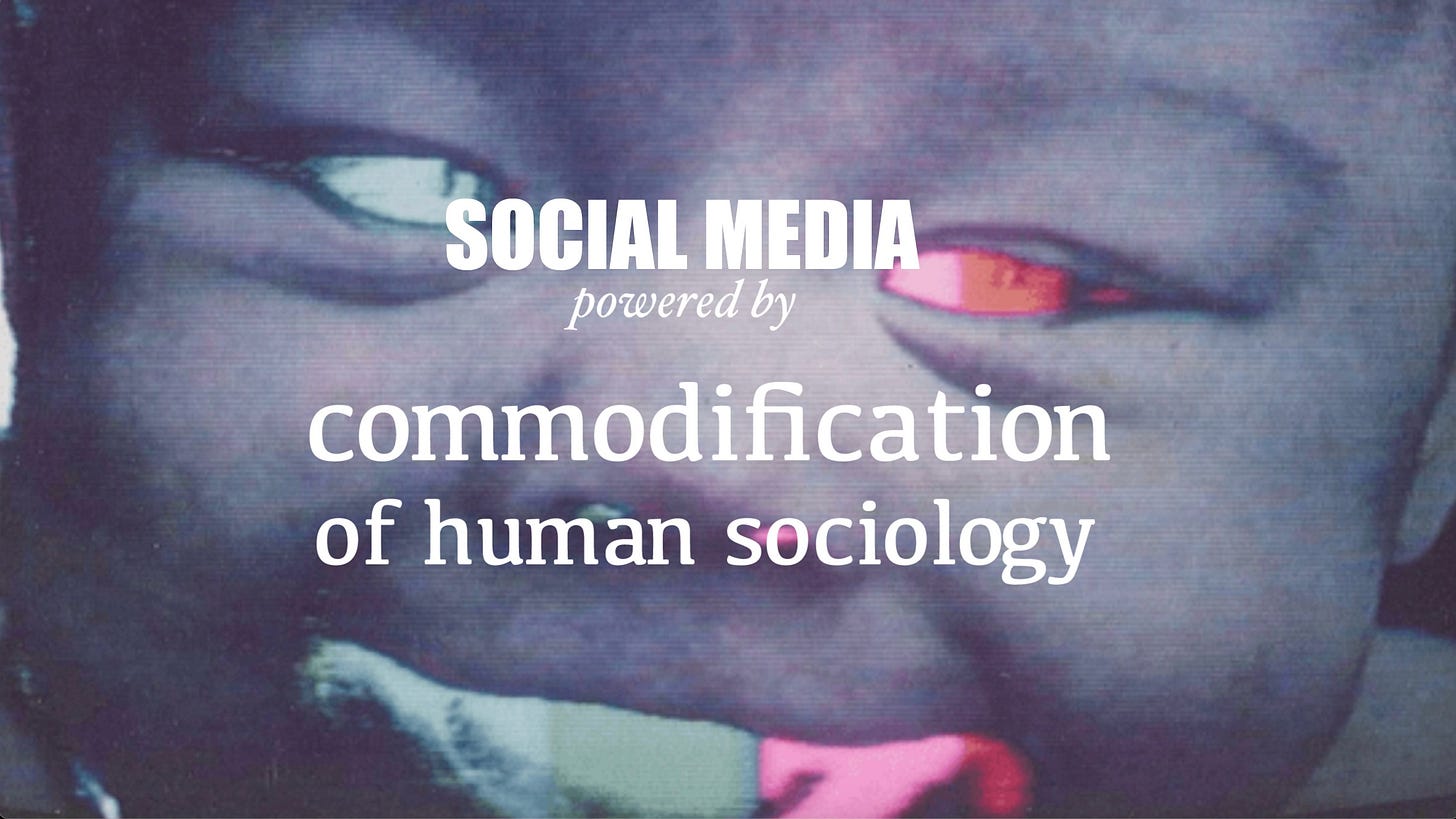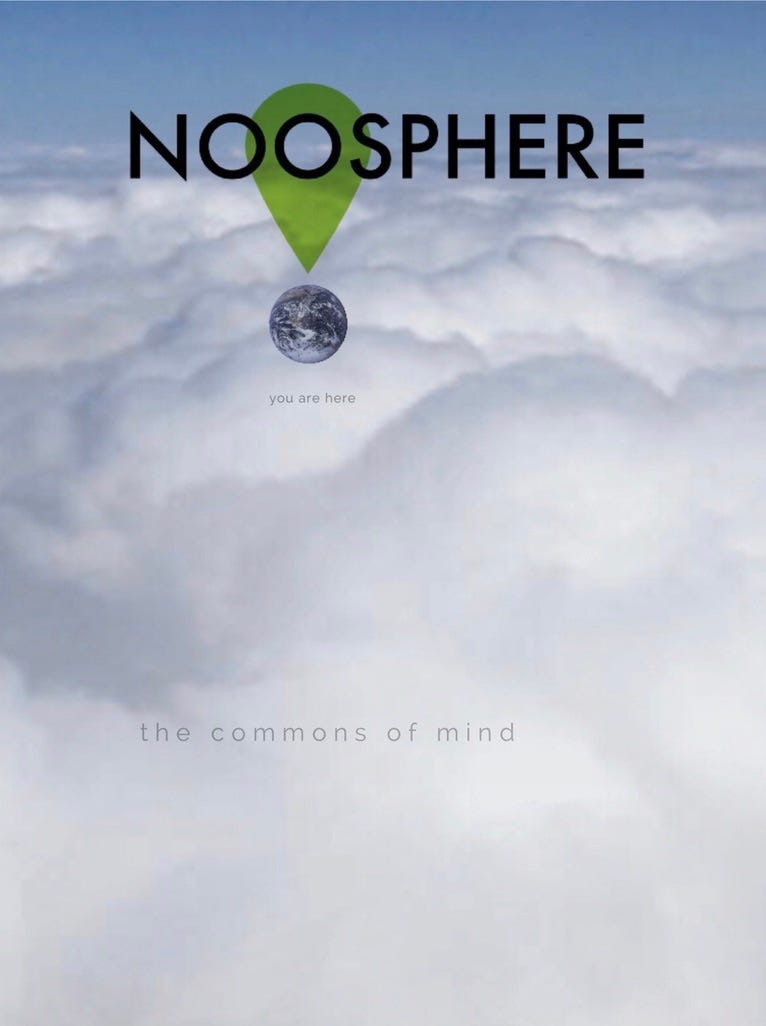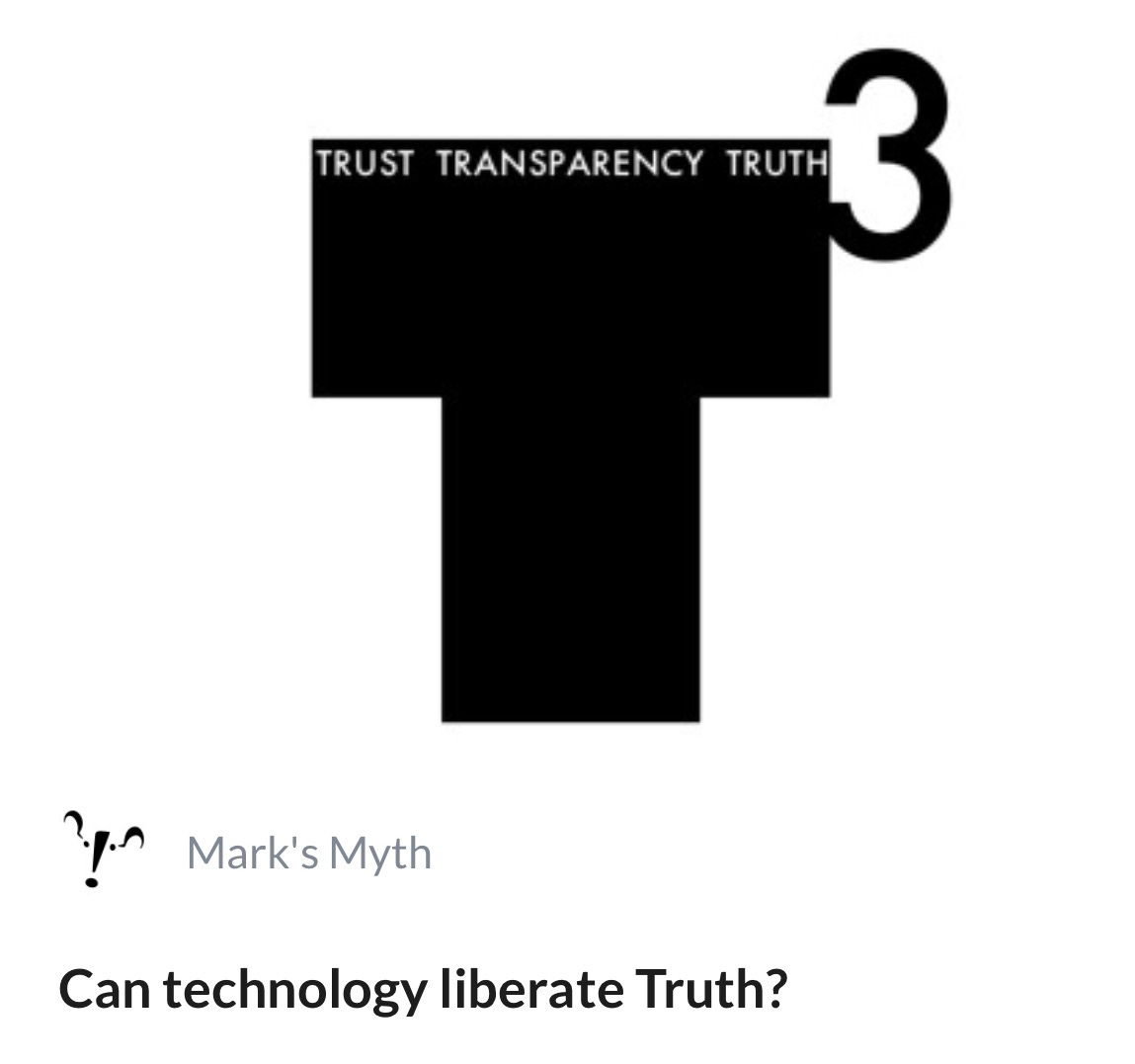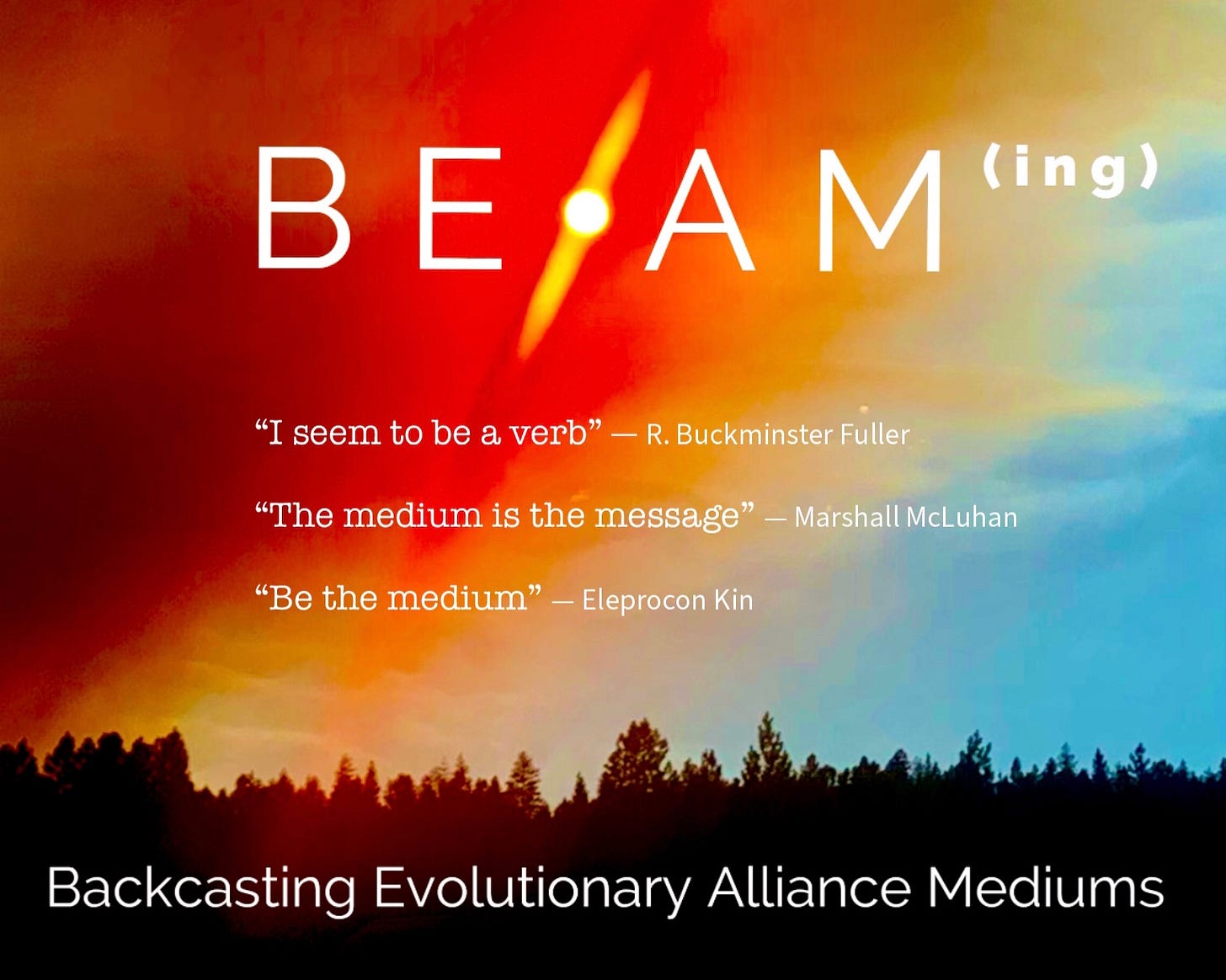How could I not ‘question authority’ growing up in the 1960-70’s… the sentiment was on every broken down beetle bumpersticker and the lips of an emerging cultural movement.
Its the insightment that sent me out into the world wondering how I might live into my namesake… a question-Mark.
It’s how I fell into the Whole Earth Catalog and Co-Evolution Quarterly where I first bumped into Howard Rheingold’s sense of mind. These were some of the nutrients that helped germinate the Eleprocon storyseeds in 1979.
At the beginning of the 80’s I was involved in promoting the launch of the personal computer industry as Lead Designer at the Interface Group where we produced trade shows such as COMDEX introducing Bill Gates and Steve Jobs before they were household names.
In 1995 Manfred Waffender and I set out to explore the Silicone Valley and Bay Area Wired culture willing itself into being. We created a documentary film for German Television.
In 2025 it will be 30 years since we produced CyberCity San Francisco which included the original interview with Howard Rheingold. Also included was Erik Adigard who co-created some of the original Eleprocon images with me c.1980 then sat for a reminiscence in 2016.
Having the opportunity to backcast with Howard after all this time passed, immersed in and bearing witness to the evolution of the internet and social media has brought us both to the brink of optipessimism… halfway between longing for the hope we worked hard to grow into while knee deep in the cacophony of the noosphere.
Howard Rheingold has extensively explored the interplay between technology, society, and communication, often touching upon themes related to the commodification of human interactions.
Here are some of his works that support the thesis that social media commodifies human sociology:
"The Virtual Community: Homesteading on the Electronic Frontier"
Discussion on Commodification: In Chapter Ten, Rheingold addresses concerns about the commercialization of online spaces, referring to it as "the commodification of the public sphere." He notes that this process transforms communal interactions into market-driven activities, potentially undermining the foundational social bonds of these communities.
"Smart Mobs: The Next Social Revolution"
Insights on Technology and Social Norms: Rheingold discusses how rapid technological advancements, particularly in mobile communications and pervasive computing, are outpacing the development of social norms. He suggests that this disparity can lead to the commercialization of social interactions before society has a chance to establish appropriate norms and ethical guidelines.
"Disinformocracy and Disinfotainment"
Analysis of Social Media's Impact: In this essay, Rheingold examines the crisis of meaning in a social media-saturated world, highlighting how platforms prioritize engagement metrics over genuine human connection. This critique aligns with the idea that social media commodifies human sociology by valuing user interactions primarily as data points for monetization.
These works illustrate Rheingold's critical perspective on how digital technologies, particularly social media, can commodify human interactions, transforming organic social behaviors into products for economic gain.
Summary of the recorded talk above:
This 30-year retrospective interview with Howard Rheingold centers on his reflections about digital technology and society, comparing his 1993-1995 predictions with present-day realities.
Key points include…
Early Predictions:
Saw potential for computer networks to enable global community-building
Warned about possible "disinformocracy" and commodification of human interaction
Emphasized making personal media rather than consuming corporate content
What Happened:
Predicted issues materialized: surveillance capitalism, algorithm-controlled communication
Social media enabled both beneficial and harmful connections
Technology outpaced educational systems' ability to teach critical literacy
Current Concerns:
AI language models inherit internet's mix of truth and misinformation
Lack of widespread digital literacy education
Need for critical thinking skills to navigate modern media
Tension between technological advancement and human attention/agency
Solutions Proposed:
Teaching critical thinking and assumption-questioning
Developing "crap detection" skills for both internet and AI
Understanding cooperation science and commons management
Using AI's interactive nature to teach digital literacy
Personal Evolution:
Shifted focus from teaching to art-making
Maintains optimism about technology while acknowledging risks
Emphasizes importance of human agency in technological development
The interview concludes with reflections on the role of art, creativity, and education in shaping humanity's relationship with technology.
Links referred to:
CyberCity San Francisco - Full 1995 documentary film exploring the emerging Wired Culture
Howard Rheingold - Personal website exploring mind amplifiers since 1984
Howard’s Patreon - Providing a continuous stream of content
Pedagogy and use of Social Media - Developed by Howard while teaching at Stanford and Berkeley
Disinformocracy - The Virtual Community chapter 10 by Howard
Power of Collaboration - Howard’s TED Talk 2005
Whole Earth Catalog - The compendium of an Access to Tools
The Eleprocon Epiphany - Genesis of Mark’s Myth
Erik Adigard and Mark Smith - The art and essence of Eleprocy
BEAM(ing) regen•era - The Backcasting Evolutionary Alliance Mediums


















